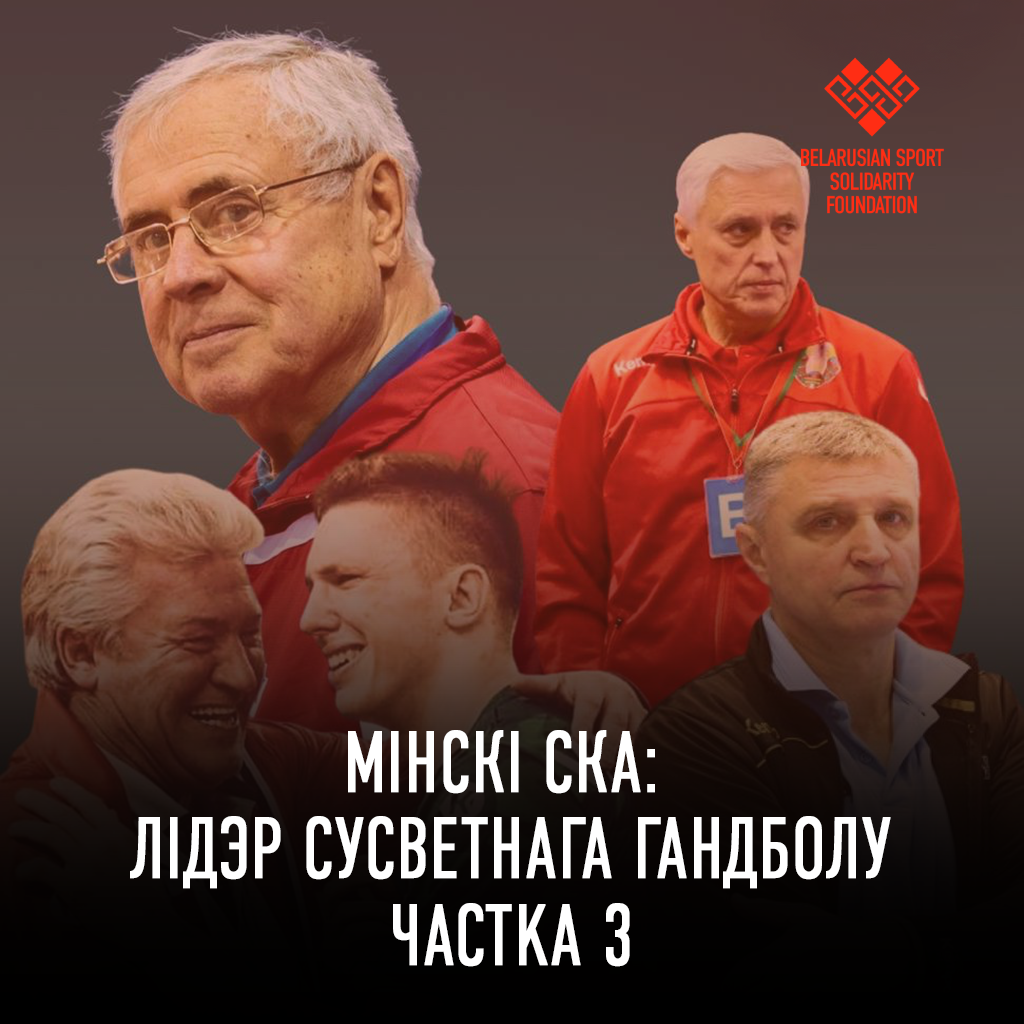Naturally, restrictive measures can be imposed on certain individuals or institutions involved in human rights violations (these could include visa sanctions, temporary suspension of status, suspension of institutional cooperation, etc.). However, the broad economic sanctions imposed on Belarus by the US and the European Union have nothing to do with the process of democratization and Europeanization of Belarus. Support for and calls for such sanctions by some representatives of the democratic movement are, in essence, anti-national steps.
It must be said that economic sanctions are themselves a very contentious international instrument. There is no consensus among experts regarding the legitimacy and effectiveness of this instrument. For example, many political scientists find this political tool unacceptable and argue that there is no positive example to date where sanctions have contributed to political changes in a given regime. There are simply no such examples.
Sanctions against the USSR at the time, against South Africa, or against North Korea did not yield any positive results. These regimes (except North Korea) collapsed only due to internal processes, changes in elites, and the actual softening of Western policies towards authoritarian countries. Only after this, on the wave of openness, did changes occur.
Regarding sanctions in the sports sphere, the exclusion of South Africa from the Olympic Committee in 1970 and several sports federations froze the situation for many years.
Only after the fall of the apartheid regime did South Africa return to international sports, but for more than 20 years the residents of this country were outside of major sports.
The mentioned country was simply isolated from international competitions. Only after the fall of the apartheid regime did South Africa return to international sports, but for more than 20 years the residents of this country were outside of major sports.Regarding Belarus, we have political sanctions that have been transferred to sports. An interesting fact is that the OSCE and PACE did not recognize Belarus as an aggressor in the war against Ukraine. Nevertheless, Belarusian individuals, who are also victims in this story, have faced such and even worse measures than the perpetrators themselves. Even if moving beyond formal legal categories, it is fundamentally impossible to apply the same measures to Belarus as to an aggressor state.
And even if moving from formal categories, Belarus, as a dependent ally of Russia, is among the top six largest economic partners of the Russian Federation.
Yet there are no sanctions or even messages on this topic concerning China, India, Kazakhstan, Turkey, Kyrgyzstan, Iran, Brazil, the UAE, or Saudi Arabia. There is a strange silence concerning these countries.
Regarding our state in sports, as in other areas, there has been a simple push of Belarusians into Russian championships and sports festivals, onto Asian state arenas, and into fake BRICS games.
Has this caused regression in some sports? Undoubtedly, it has now become significantly harder for Belarusian athletes to qualify for international competitions or European clubs, especially in team sports. Competitiveness has decreased, and thus the professional growth of athletes. Mandatory games on neutral grounds, without players, have led to a loss of viewer interest. This has undoubtedly affected results for athletes such as footballers. The sporting principle is being violated, with Belarusian teams immediately placed in discriminatory conditions.
Has this caused regression in some sports? Undoubtedly, it has now become significantly harder for Belarusian athletes to qualify for international competitions or European clubs, especially in team sports. Competitiveness has decreased, and thus the professional growth of athletes. Mandatory games on neutral grounds, without players, have led to a loss of viewer interest. This has undoubtedly affected results for athletes such as footballers. The sporting principle is being violated, with Belarusian teams immediately placed in discriminatory conditions.
Thus, Belarus has begun to lose what is known as ""sports sovereignty."" This term refers to the full utilization of one's own sports diplomacy opportunities, the demonstration of attributes of an independent nation and a sovereign Belarusian state through sports achievements on the international stage, and the glorification of Belarusians as equals among the world's peoples.
It must be noted that sanctions have certainly not increased respect or sympathy towards Western states or European neighbors from Belarusians. And although independent resources may shy away from discussing social issues, Western services are still conducting such work. Indeed, there has never been such a low rating for the West and European institutions in Belarus. The dominant position is neutrality, with some level of partnership with Russia in second place. If this was the goal, it has been largely achieved. Sanctions have not led to an increase in opposition sentiments or demands for democratization from the population. On the contrary, there is a growing trust in the current authorities. Belarusians have simply realized that they can only rely on their own strength.
It is hard to say exactly how sports sanctions will affect the long-term perspective, as such sanctions in sports have not been applied to anyone except South Africa. However, in that case, it led to nothing more than isolation.
The regime changed due to completely different processes.






